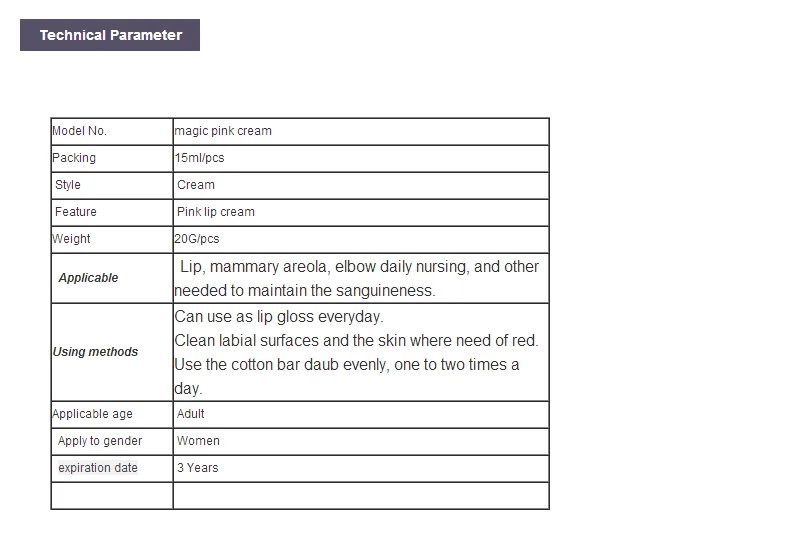FHA Loans Explained: A Comprehensive Guide to Securing Your Home
Guide or Summary:What Are FHA Loans?How Do FHA Loans Work?Benefits of FHA LoansDisadvantages of FHA LoansFHA loans are an essential part of the housing mark……
Guide or Summary:
FHA loans are an essential part of the housing market, offering a wide range of benefits to first-time homebuyers, families, and those looking to refinance their existing homes. With the ongoing challenges of securing a mortgage in today's competitive real estate market, understanding the intricacies of FHA loans can be a game-changer for many homebuyers.
What Are FHA Loans?
FHA stands for Federal Housing Administration, and their loans are backed by the U.S. government. This means that they are designed to make homeownership more accessible to a broader range of buyers, including those with lower credit scores or smaller down payments. Here's a closer look at how FHA loans work and why they are a valuable option for many homebuyers.

How Do FHA Loans Work?
To start with, FHA loans require a minimum down payment of 3.5% of the home's purchase price, which is significantly lower than the traditional 20% down payment required for conventional loans. This makes it easier for first-time buyers and those with limited savings to enter the market.
FHA loans also offer more lenient credit score requirements compared to conventional loans. While exact credit score requirements can vary based on the lender and the specific loan program, many FHA loans can be approved with a credit score as low as 580. This is particularly beneficial for borrowers who may have a history of credit challenges but still wish to purchase a home.
Benefits of FHA Loans
One of the most significant benefits of FHA loans is their accessibility. They are designed to help a wider range of homebuyers achieve homeownership, regardless of their financial situation. This is achieved through the low down payment and credit score requirements, as well as the fact that FHA loans are available in a variety of loan amounts, making it possible for buyers to purchase homes of all sizes.

Another advantage of FHA loans is the upfront costs associated with the loan. FHA loans typically require a lower upfront cost than conventional loans, which can make them more affordable for many homebuyers. This includes lower fees for loan processing, appraisal, and other closing costs.
Disadvantages of FHA Loans
While FHA loans offer numerous benefits, they are not without their drawbacks. One potential downside is the mortgage insurance premium (MIP) that is required for all FHA loans. This insurance is designed to protect the lender in the event that the borrower defaults on the loan, and it is an ongoing expense that can increase the overall cost of the loan.
Another potential drawback of FHA loans is the maximum loan amount that can be obtained. While this varies based on the location and the specific loan program, it is generally lower than the maximum loan amount available for conventional loans. This means that borrowers may not be able to purchase homes that are as expensive as they would like.

In conclusion, FHA loans are an excellent option for many homebuyers looking to enter the market or refinance their existing homes. With their low down payment and credit score requirements, as well as their lower upfront costs, FHA loans can make homeownership more accessible and affordable for a wide range of borrowers. While there are some potential drawbacks to consider, such as the mortgage insurance premium and the maximum loan amount, the benefits of FHA loans often outweigh these drawbacks for many homebuyers. If you're considering purchasing a home, it's worth exploring your options and determining whether an FHA loan is the right choice for you.